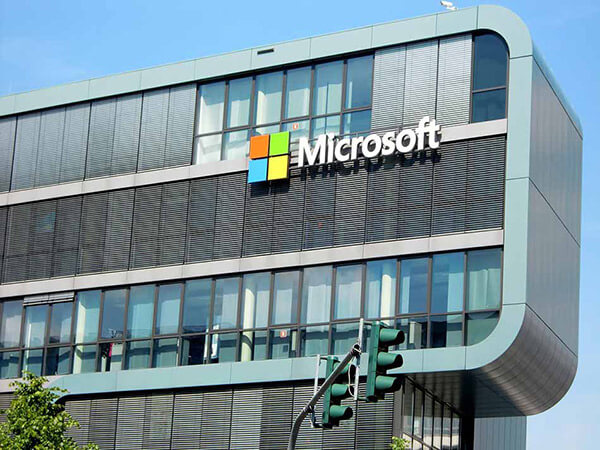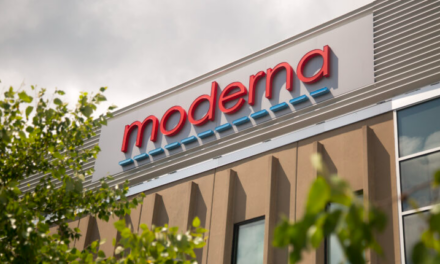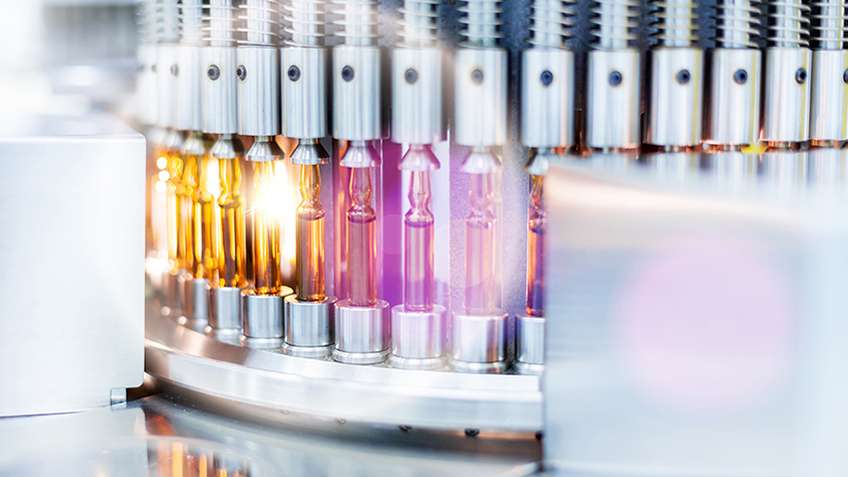Microfost’s initial plans to invest in health-care company Adaptive Biotechnologies two years ago is starting to pay off. While Microsoft only had hoped for advancing the cloud technology for life sciences work, the company also wishes to make money off of the experimental health-care firm by becoming one of its significant shareholders.
Adaptive is starting to create a breakthrough in medicine with its “immune medicine project,” which has the potential to change the ways we treat many diseases. Using the promising project, Adaptive caught investors’ attention during its public market launch. Within a day, the company stocks doubled in trading, which closed at $40.30 after selling shares at $20 per stock the day before. Microsoft made a $45 million investment in 2017 at $10.67 per share, which means they got quadruple in profits.
Microsoft is a public company that has a market cap of over $1 trillion, making it the most valuable firm in the world. Microsoft has a lot of ways to get profit, which includes investing in startup businesses like Adaptive. However, the company is starting to become less active compared to rival tech companies like Salesforce, which is making a lot of investments in Japan, Australia, and Canada involving cloud software and the launching of specific funds. Fellow tech company Alphabet is also more active compared to Microsoft with its various venture groups.
Microsoft is taking a bigger gamble than the investment in 2019’s most significant biotech IPO right now. The company’s Azure Unit, which is right behind Amazon Web Services in the race for the most prominent cloud infrastructure market, is trying to get its artificial intelligence equipment and tools past the testing stages as their winning piece in the industry. The new sector promises to be a lucrative area in the market as more health firms are using software to manage the heavy workload. Orbis Research believes that the global immunology market will rise from 2015’s $57.7 billion value to an astounding $74.1 billion in the next three years.
Azure managed to get Adaptive to agree on spending at least $12 million for their cloud services for the next seven years. Microsoft will be the exclusive provider for the health tech company for the period, giving Microsoft more control over its fortunes. Peter Lee, AI and Research Vice President of Microsoft, believes that the company’s partnership with Adaptive has potential. Lee shares that the substantial investment made for the health tech company allows Microsoft to work on research and develop collaboration with Adaptive’s scientists to determine and produce innovative technology. With the sequencing technology by Adaptive, Lee states that Microsoft’s cloud will have the learning and capability to have a deeper understanding of the immune system.
Microsoft and Adaptive are currently working on a blood test procedure that could detect diseases like cancer during its early stages. However, the two companies are seeing the competition with the likes of GlaxoSmithKline, Thermo Fisher Scientific, Bristol-Myers Squibb, and Qiagen. Sean Nolan, Microsoft’s former Chief Technical Officer, is currently leading his HealthVault’s team in its mission to focus on storing patients’ health data on software. HealthVault is also a competitive rival of Microsoft.
Microsoft invested in Adaptive after the latter made it clear to investors that it will prioritize its health care department. Microsoft then employed Gregory Moore as Health Technology and Alliances Corporate Vice President. Moore was a big part of Google’s cloud health-care program and Geisinger’s health system before landing the job at Microsoft.
Adaptive started in 2009 when Harlan and Chad Robbins created it. After hiring 346 employees, the Robbins brothers managed to raise $300 million during its first IPO. The six-figure amount topped the likes of Personalis, Cortexyme, and Prevail Therapeutics, which all made their debuts in 2019.
Adaptive is currently Microsoft’s biggest profit maker, but the company is also experiencing investment wins in other areas. Microsoft owns a stake from software business Confluent following the acquisition of LinkedIn for $27 billion. Co-founder Bill Gates also believes that being a part-time owner of Facebook before the social media website went viral is a successful investment.















